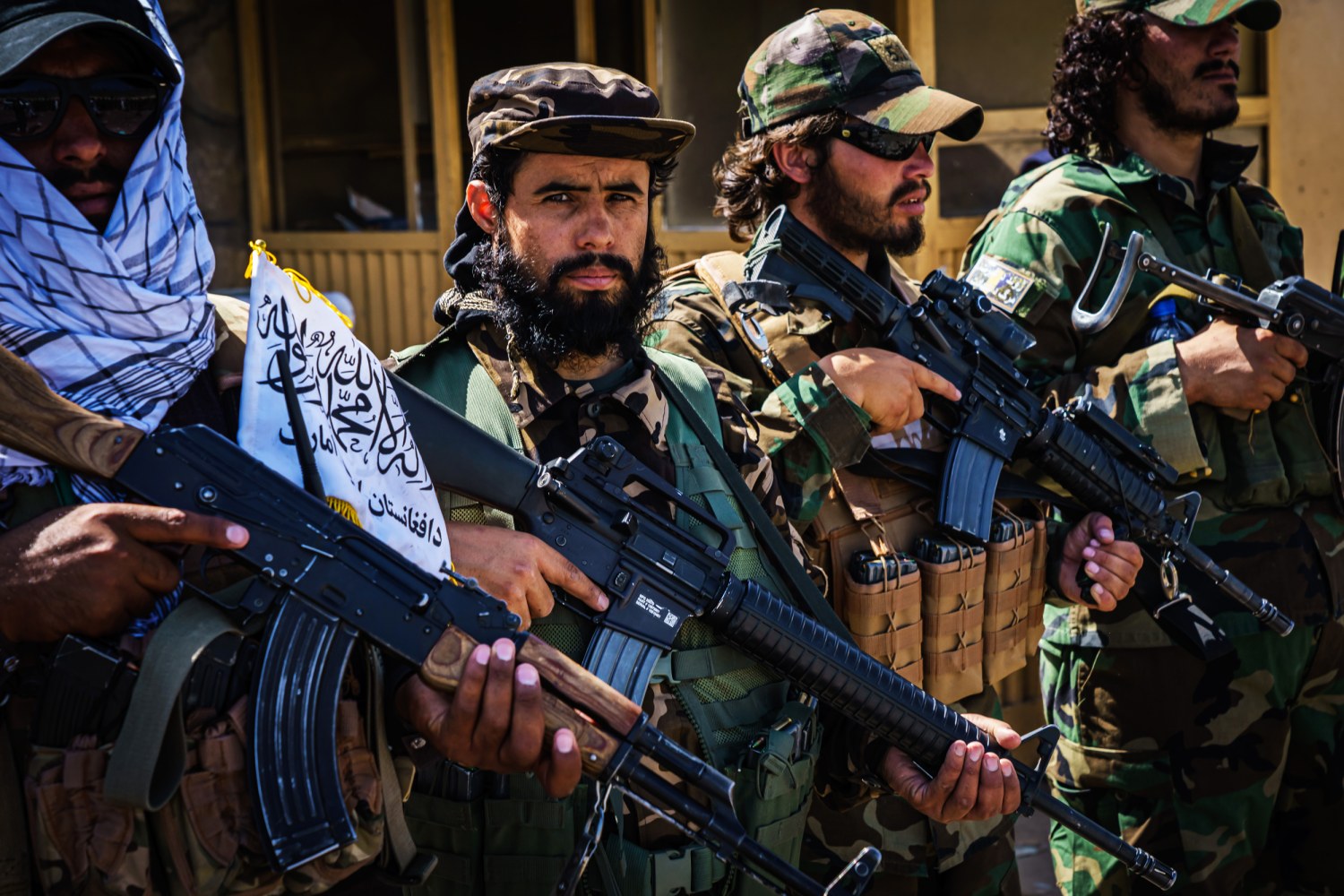Alwaght- Recently, some countries reduced their embassy staff in Kabul. The latest one is Saudi Arabia that reports said evacuated all of its diplomats from Afghanistan. The UAE followed suit, being the second Persian Gulf Arab country.
Observers suggest that other countries could take similar steps amid substantial threats and failure of the Taliban to secure the country. The Russian news agency, Sputink, said that Turkey is also mulling a similar step. A Taliban official confirmed that Ankara plans to reduce its diplomatic activities in Kabul. Also, a number of United Nations Assistance Mission in Afghanistan (UNAMA) staff said that they have been receiving security threats since last Friday and that the organization is seeking to upgrade its security protections.
Saudi Arabia said that the reason behind the staff evacuation was “pursuit of a long-term issue,” but declined to give details. The Saudi diplomats did not pinpoint to the issue but it seems that even the Arab kingdom is unhappy with situation in Taliban-ruled Afghanistan. Also, there are other reasons behind this evacuation. For example, Sputink reported that the Taliban have set restrictions on work of female diplomats at the Saudi embassy. An Afghan news website, Hasht Sobh, quoting anonymous sources, said that Riyadh closed its embassy in response to the ban on female diplomats. This was not officially announced by Saudi officials.
Insecurity, the likliest reason behind the evacuation
Insecurity seems to be the most likely reason for evacuation of some diplomats from Kabul and the sudden closure of embassies in Afghanistan. Since the Taliban took control of Afghanistan in August 2021, there have been many explosions in the country that have killed dozens of civilians and officials. The latest explosion was in January, targeting the foreign ministry building.
Hassan Abu Haniyah, an expert of militant movements and groups, told Khaleej Online news outlet that since its takeover of the power in Kabul, the Taliban has not been successful in maintaining the security and failed to prevent terrorist attacks. ISIS-Khorasan (the Central Asian branch of ISIS) as a terrorist group has been attacking Russian and Chinese diplomatic missions in Kabul’s Green Zone, an area where diplomatic offices and embassies were located.
Security threats continue to exist in Afghanistan, which deter countries from their diplomatic missions, especially that the Taliban are not internationally recognized and therefore are devoid of legitimacy, the expert said.
Abu Haniyeh also believes that the Taliban’s failure to establish security has caused concern and fear in other countries. He concluded that constant threats have reduced the diplomatic presence of many countries in Kabul, and even countries that have active embassies will minimize their presence.
Taliban incapable of protecting its security
In fact, Afghanistan witnessed a meaningful rise in number of blasts since the Taliban seized the power, with the attacks taking lives of hundreds. Many of these attacks are carried out by ISIS. Even worse, the names of Taliban officials and interim government are among the victims. This raises a question: How can the Taliban protect the security of the foreign embassies when they cannot protect its security of its officials and forces?
Also, in the past few months, there have been several deadly explosions in mosques in different cities of Afghanistan, for some of which ISIS took the responsibility. For example, on September 23, 2022, there was a bombing at the Wazir Akbar Khan Mosque in Green Zone, in which 19 people were killed and 42 others were injured. A week later, more than 50 people were killed and 100 injured in a suicide attack ripping through a educational center west of Kabul. Also, on February 4, two people were injured by car bombing near Pashtunistan Road, near the presidential palace and a number of government headquarters in Kabul. Also, in an explosion that occurred on January 11 near the headquarters of foreign ministry, 21 people were killed, including 3 members of the Taliban. All of these attacks pose serious security challenges to the cabinet formed by the Taliban, showing in practice that new rulers of Kabul cannot secure the country, not even the capital.
Regardless of war, these continuous incidents beside Taliban’s security failures and massive Western sanctions mean further isolation of Afghanistan from the world. Actually, other countries do not want to stay diplomatically in Afghanistan under the shadow of threats and Kabul’s global isolation. Moreover, other world countries have not yet recognized the interim government formed by the Taliban and set conditions like guarantee of freedoms and respect for women and minority rights for any discussion of recognition. But the Taliban have so far proven that they are ignorant of the international demands and move their own way. The restrictions the group has recently unveiled against the women and girls education signal that the Taliban have not changed and are still uninterested to form an inclusive government.



























